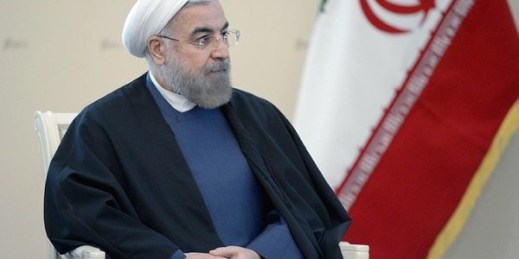
Young people and youthful energy propelled the Arab uprisings that began in 2010. And while the cohesion and impact of vaguely defined “youth” movements have been overstated, they remain the most important potential source of change—the Arab world’s best hope. The small vanguard that drove the original uprisings is growing more organized and more ideologically sophisticated even as, for the time being, it has lost political ground. Egypt has always set regional trends in political thought. Its Tahrir Square uprising raised expectations for democratic transitions throughout the region, although the other Arab revolts brought wildly divergent results, especially for youth. […]


